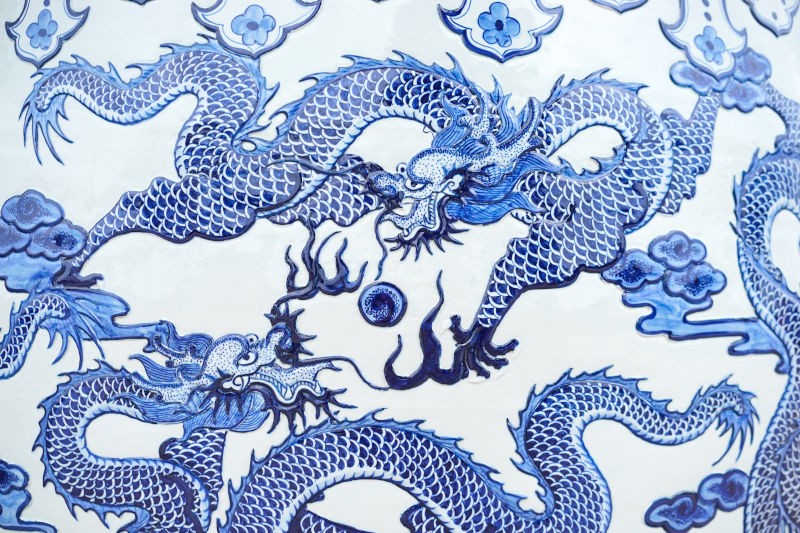Western anti-China rhetoric reeks of hypocrisy
October 9, 2022
The direction from whence comes most of the anti-China rhetoric in the world today is hardly surprising. It reeks of hypocrisy.
Much of it emanates from the very nations responsible for the dividing up of China into spheres of influence in the late 19th and early 20th century. It is as though Britain, Germany, France, and Japan still cannot accept that the country they, along with Russia, once divided into spheres of influence, to be exploited, now having put the century of humiliation behind it, dares stand on its own feet.
Particularly trenchant has been the criticism of Great Britain, the land whose rapacious greed led to its using military power to open Qing China to exploitation. That greed it satisfied by foisting massive amounts of opium upon the Chinese people, so to balance its trade with China, as it had nothing else needed by the Middle Kingdom. To put it bluntly the British operated as drug lords. When China tried to stop the trade of a good, which Britain itself had banned in its own domain, the British response was to declare war, not once but twice, to defend the trade.
During the second of these wars in October 1860 such was the thirst for vengeance on China, not seen to be sufficiently acquiescent, that the British, along with French troops, burned and looted the wondrous Summer Palace or Yuanmingyuan, described by the French writer Victor Hugo as, one of the wonders of the world. The palace was so large, covering more than 3.5 square kilometres, it took 4,000 men three days to destroy it. The destruction of the Palace buildings was total.
Not everything was destroyed however, with thousands of exquisite artworks, sculptures,porcelain,jade, silk robes, elaborate textiles, gold objects and more being looted, finding their way to museums (UNESCO lists 47) around the world, where they still sit.
By the end of the Opium Wars, some 50-60,000 barrels, weighing an average of 140 pounds (63.5 kg) each, were being shipped into China annually, a figure which continued to rise over the next three decades. It is estimated that around 10% of the Chinese population became addicted to the drug.
Have any of the nations involved for these heinous acts apologised? Has any restitution been offered to China for the actions taken, including a return of artworks looted from the Yuanmingyuan? No, instead those nations, which divided it for plunder, continue to pour more and more opprobrium on China, which then by an incredible means of projection, becomes understood as an aggressive power, supposedly hellbent on upsetting the international rules-based order.
The hypocrisy is astounding.
The double standards are found again in Western criticism of China over Xinjiang. Supposedly China is involved in actions against the Uyghurs, that merit the use of emotive words, normally associated with Nazi Germany; genocide and concentration camps. Strange indeed is the type of genocide supposedly being unleashed upon the Uyghurs, given their population growth.
Much of this criticism comes from lands linked with British colonial expansion, Britain itself, the United States, Canada, Australia, and New Zealand, countries tightly linked in the Five Eyes Agreement. Each of those lands themselves are marked by genocidal practice. And I use the term, not in the loose sense it is often applied to China, but rather in its tight technical sense for Britain, and the British colonialists in each of those domains had a clearly stated aim to destroy the pre-existing Indigenous peoples. In my homeland, Australia they were held, by the doctrine of terra nullius (empty land), to not even exist. That fiction legally held in Australia until 1967!
In passing we should note the total silence of those Muslim majority lands, co-religionists with the Uyghur people, concerning this supposed egregious violation of rights of their fellow believers.
The analytical psychologist Carl Jung wrote much about projection, a process in which we project our wrongs and failures on to others. We do this without embarrassment being unaware we are doing so, blind to the double standard. We are likely even to feel a certain sense of self-righteousness and moral purity in our doing. Current Western understandings and perceptions concerning China present, I believe, a classic instance of such.
Given that many of these lands understand themselves as being shaped by Christianity the words of Jesus are singularly appropriate. Before trying to take the splinter from anothers eye, remove the log in your own.

